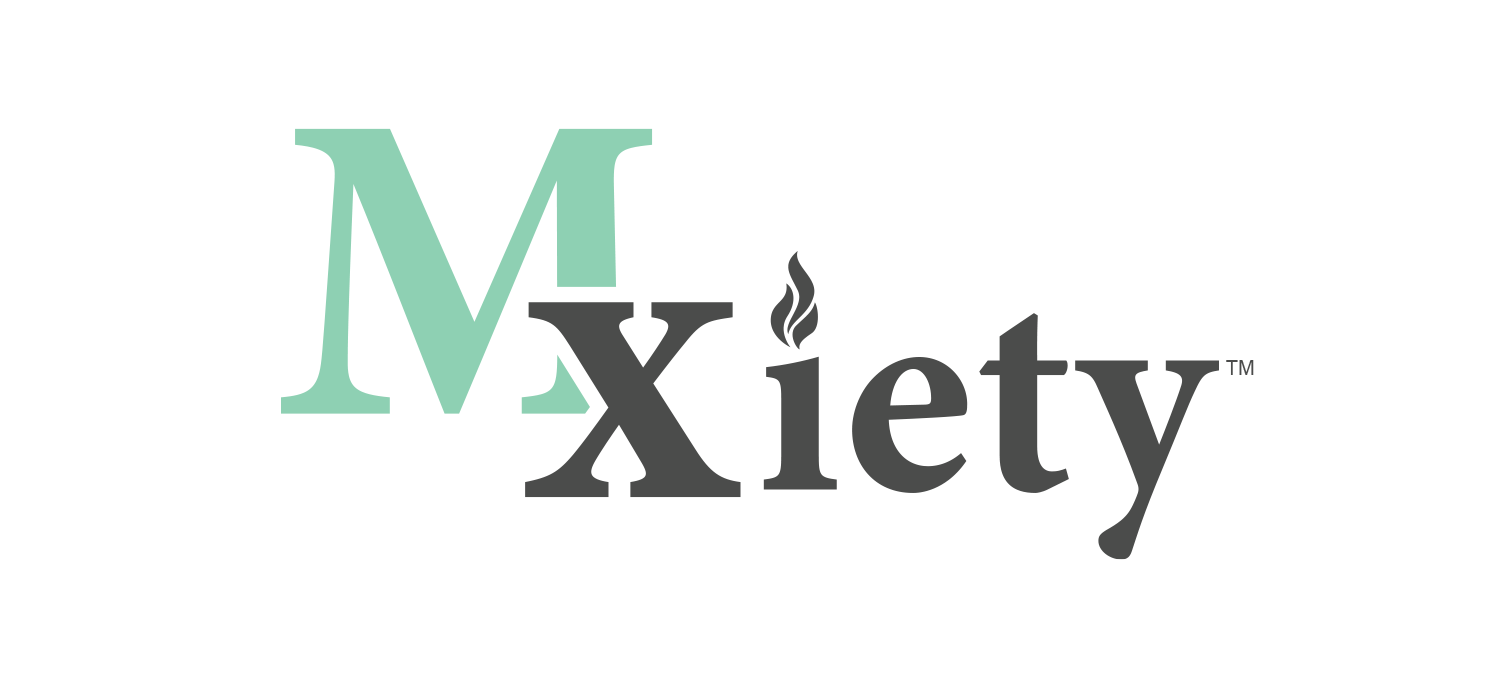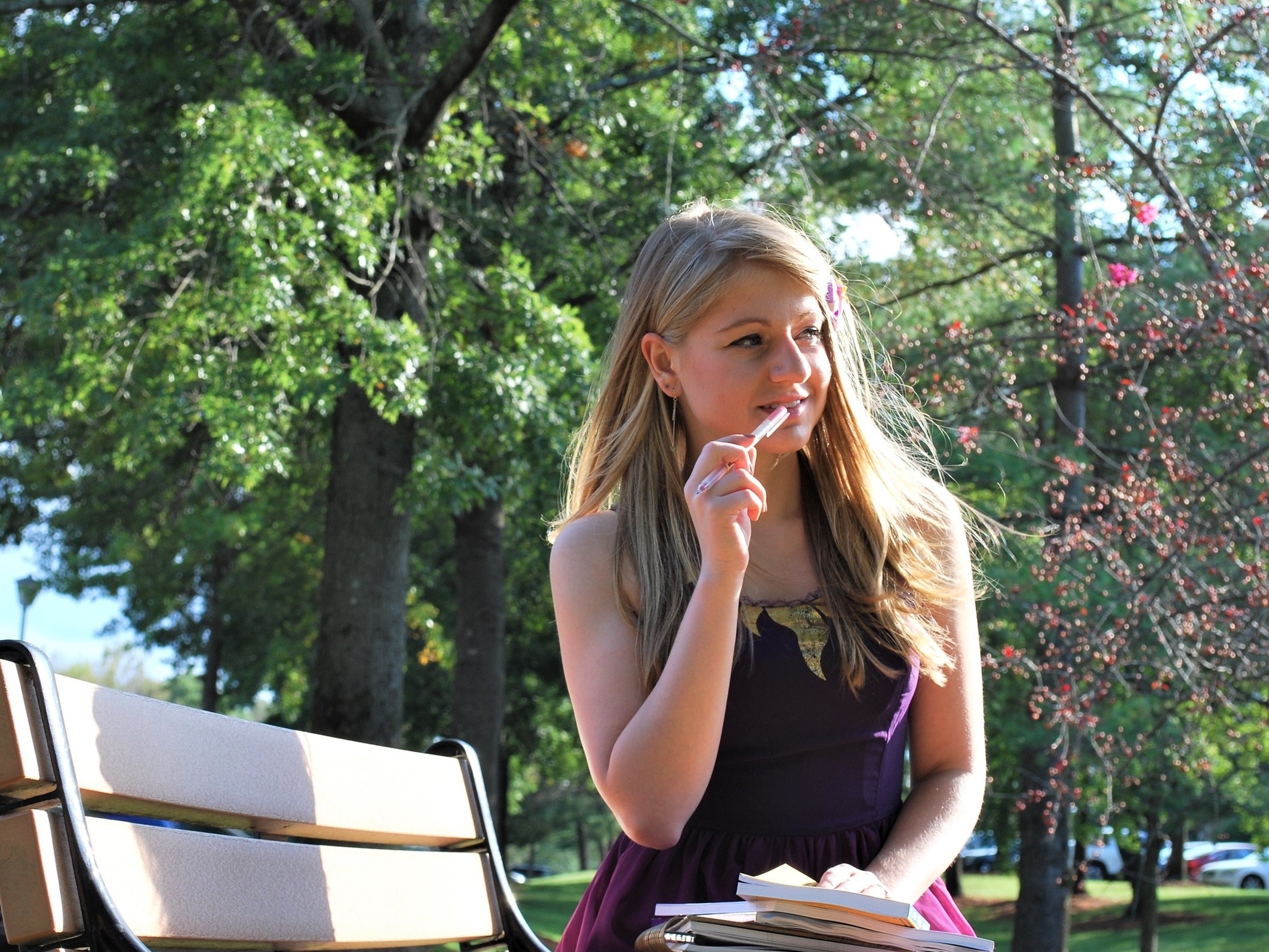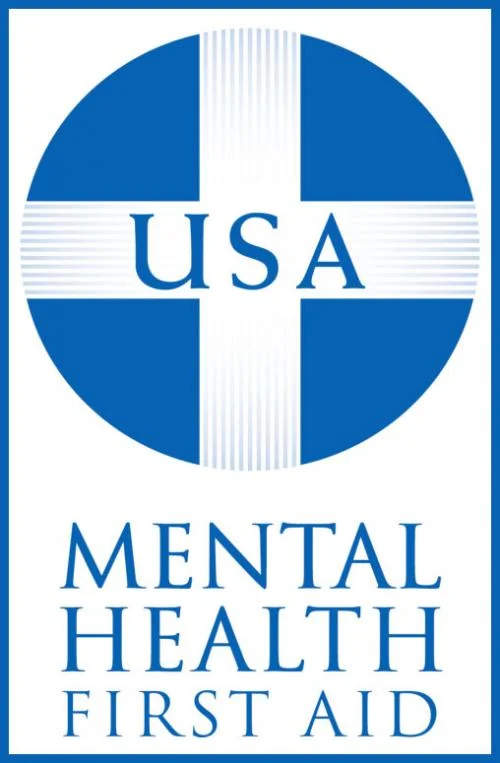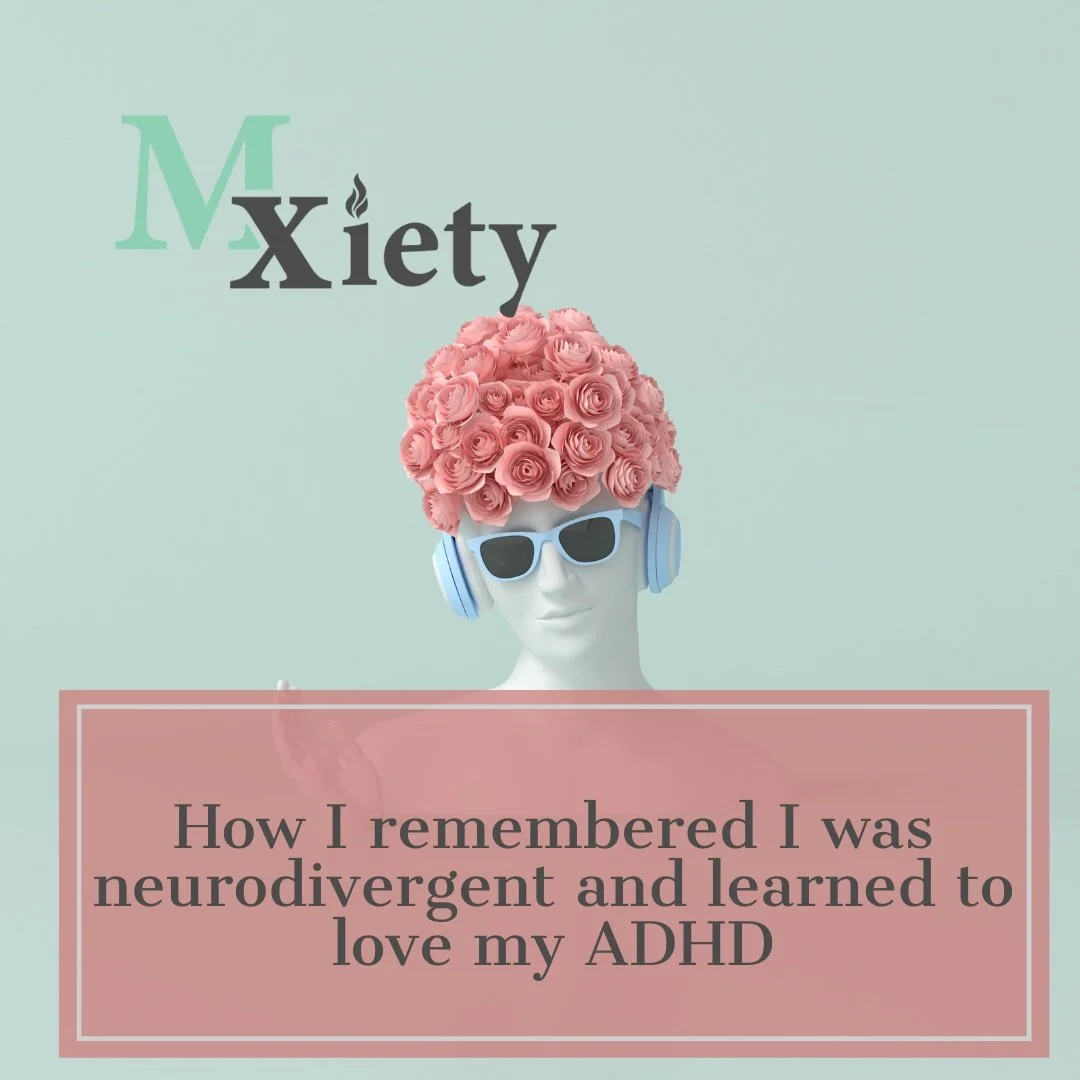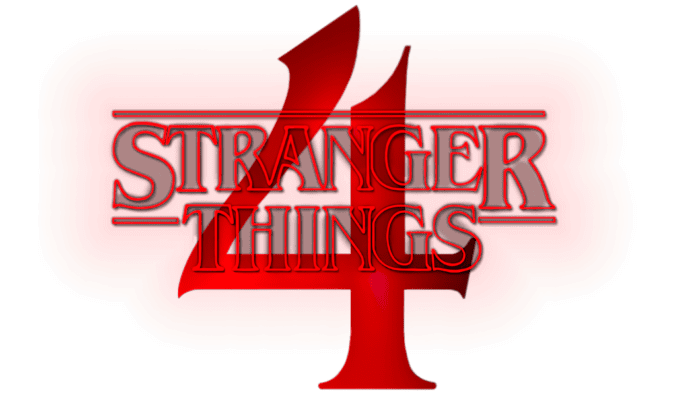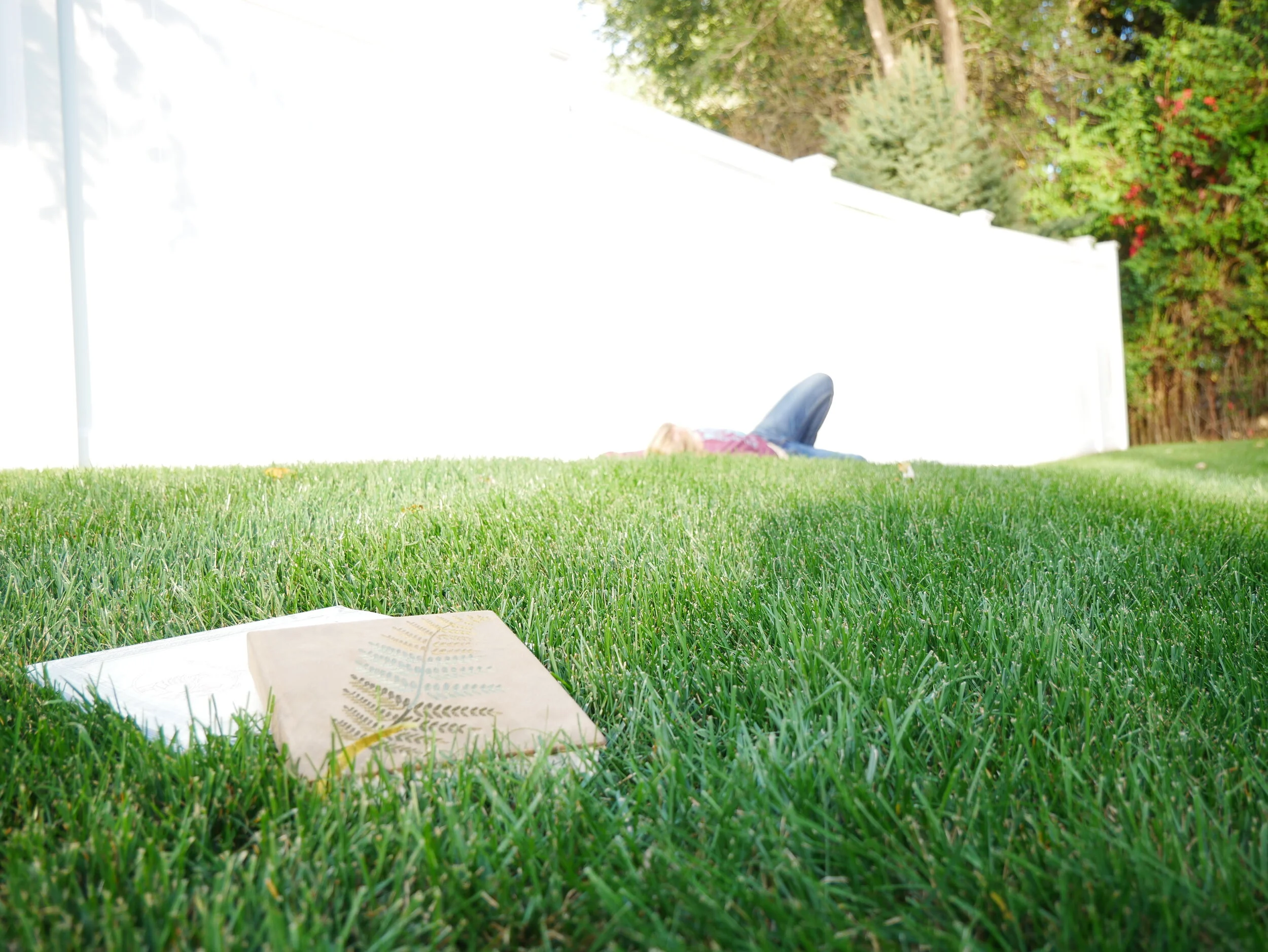Why Taking The Mental Health First Aid Course Is a Great Idea
/Did you know you can be certified in Mental Health First Aid like you can be certified for CPR and Medical First Aid? I ask because I honestly had no idea until I started researching celebrities with mental health issues and found a football player who is very passionate about the cause.
Brandon Marshall, currently plays for the NY Giants and has been open about his battle with Borderline Personality Disorder since 2011. He and his wife created Project 375, determined to discredit two misconceptions at once:
- That men are too strong to have mental health issues and therefore don't need help
- That being mentally healthy means masking true emotions and feelings to ensure no one thinks you are weak
To accomplish this, Mr. Marshall and his wife have been subsidizing Mental Health First Aid courses for teachers and students across the country. The course was originally developed in 2001 in Australia and it appears has done a lot of good for both Australians and the Americans who have taken it so far.
OK, So What’s All The Hype About?
I don’t often consider talking to someone to be “saving their life,” but I learned that, when that someone is dealing with a Mental Health Crisis, it could very much be the case. You don’t have to be a doctor to know Medical First Aid and assist someone until more qualified help arrives at a scene. Well, a Mental Health First Aid certification can help someone encountering a scene of mental health distress asses a situation, and do as much as much as possible before professional help arrives.
If you are a person who doesn’t believe in mental health issues, being, well…real, this course won’t turn your opinion around, but it can certainly clarify misconceptions. Of course, if you are an advocate, you will most certainly find incredibly valuable information here.
So why I am so excited? Why should you go through this?
1. To Learn Things (duh)
I don’t know if it’s cheating to use up a number for this, but learning is never a bad thing. The more we learn based on scientific evidence, the more accurate knowledge we can spread to others. Whether someone chooses to take a course in First Aid, CPR, Yoga Breathing Techniques or Pottery, learning can help stave off several mental illnesses. Simply put, if you’re not learning, you’re standing still.
2. To Learn How to Treat Yourself Better
I truly was not expecting this. But, in learning how to best approach someone in distress, I figured out how to better talk to myself when I am feeling low. One of the video examples we watched had someone who was having a psychotic episode. They were pacing, being frantic and not making too much sense when someone came to the scene offering help. The responders in the example offered their friend a set of options for him to choose from.
While I have not experienced such an episode, I have felt the fear that comes with not being able to explain how someone can help you. The solution offered in the video was so perfect, that it was the first thing I relayed to my husband when I came home: "Next time I am freaking out, don't ask what you should do, instead offer me options from things which have worked in the past."
If you take the course, there may be a lesson out there that you can apply for yourself later.
3. To Help Reduce The Stigma
Offering a certification for anything is a great way to normalize that thing. It doesn't seem at all odd for someone to become certified to administer CPR or an EpiPen or, again, Medical First Aid. None of those certifications will make you a doctor, but each of them can help save a life.
They're also standard certifications for teachers and camp counselors in certain townships. It doesn’t seem odd at all to have a teacher be prepared should a student ingest a peanut they shouldn’t have. Now there are X amount of people who have nut allergies and X amount of people who may experience a depressive episode in their lives. By making it a standard for our caregivers to have certifications which prepare them for either situation, we can reduce the notion that people only need to treat their physical illnesses.
Knowing a teacher is qualified to help them, might also make it more likely that kids speak up about their issues and get the help they need instead of white-knuckling it until the situation is unbearable. Basically, validating the need for a certification, in a way, validates the illness.
4. It Reinforces Ways In Which You Can Still Help Without Being a Professional.
The instructors are very serious about this too. Several times over the course of the class we were asked to repeat this call response:
“Can you diagnose someone?”
“NO!”
“Why?”
“Because you’re not a professional.”
As someone who is constantly worried about messing up, or leading people down the wrong path when offering any self-help technique, taking this course helped me become more confident in my choices. Not because people who talk to me now won’t need to see licensed therapists, but rather, because I can make informed decisions, instead of offering misdirected solutions.
I have also written before how I have messed up trying to help someone, resulting in my losing a friend. I have a huge fear that someone will take action based on something I misquoted or misunderstood, so having evidence-based parameters to work in now, is a blessing.
Throughout the course, I found that some of my gut instincts on how to act in an emergency were right. But it was also great to know what actions I should never repeat again. It is no small relief either, to know at which point the person you are helping has to confront their true need for professional help, and it is ok for you to step away.
5. Learning How We Are All Different But Also The Same
No two people experience the same situation the same way. Each comes with their own baggage, perspective, experience. It is important to learn that one must never assume they know exactly how someone else feels, or thinks, even if they’ve been in a very similar situation before.
However, it also important to note that some things humans want are universal: love, validation, empathy, care.
If you are not feeling well, you don't have to run to the doctor as soon as possible or take medication. But you can help a headache a lot quicker if you take that Advil right when it starts instead of waiting for a full-blown migraine to onset. Everyone deserves to (cheese alert, but I am quoting an instructor) "live, laugh and love to their fullest". If anything prevents you from doing that, invisible or not, you deserve to get the help you need.
You cannot really distill an 8-hour course down to a few sentences, but this is the closest you’ll get.
Assume the best in others, try to treat everyone kindly no matter your circumstance, and know that you can always learn and make amends if your intentions have been misguided in the past.
That, is certifiably, being the light.
Convinced? Here is where you can go to find a course near you in the U.S.
Here is where you can find the latest map of countries which offer the program at Mental Health First Aid International.
